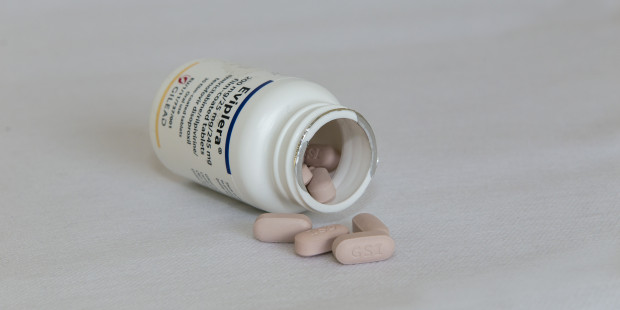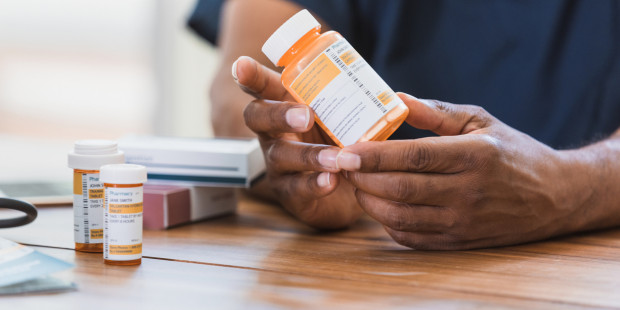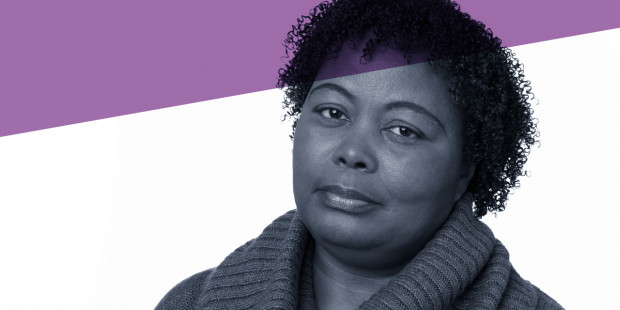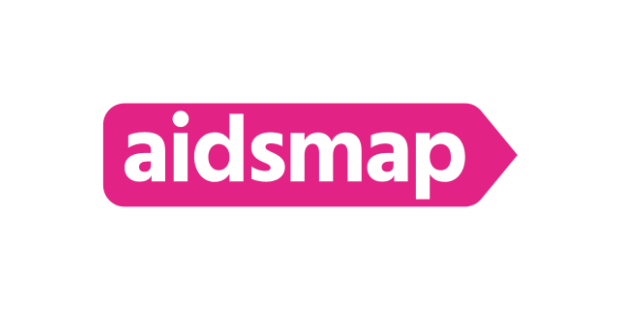Developing resistance can cause your anti-HIV drugs to stop working for you and you may need to change your treatment.
Why would I need to change my HIV treatment?
There may be a problem with the drugs you’re currently on if:
- They’re not keeping your viral load down.
- Your virus is resistant to them.
- The side effects are too difficult to manage.
- The drugs have to be taken at times that don’t suit you.
- They don’t interact well with drugs you take for another condition.
What is HIV drug resistance?
Resistance is a term doctors often use. It means that some HIV cells mutate and carry on reproducing despite treatment.
Every time HIV makes a new copy of itself, it ends up slightly different. Often these differences are not important but sometimes the new copy is different in a way that is resistant to the drugs you’ve been taking. This means that it will be able to reproduce again, even when you take the drugs.
How does resistance to anti-HIV drugs develop?
Resistance can develop if you don’t take your HIV treatment as prescribed, at the right time every day (often referred to as adherence).
It's possible to have resistance to some drugs even before you start HIV treatment. You may have been infected with a strain of the virus that is already resistant to some anti-HIV drugs.
The British HIV Association (BHIVA, the organisation for specialist HIV doctors in the UK) recommends that resistance tests are always carried out when you:
- are diagnosed with HIV
- are about to start treatment for the first time
- are about to change treatment (if your viral load is detectable).
These tests will identify whether your strain of HIV is resistant to any anti-HIV drugs.
If you're taking combination therapy, it's important to make sure that enough of the drugs are in your blood all the time so that they can do their job properly. Missed or late doses could mean there are reduced levels of the drugs in your blood. This can allow the virus to make more copies of itself, including drug-resistant copies.
What does it mean if resistance develops?
Drug-resistant HIV could lead to the treatment not working. You may be unable to use the same drug again in the future, and, sometimes, also unable to use other drugs in the same class – this is called cross-resistance. The next combination of drugs you are given might be more complicated to take or cause more side effects.
If you're able to take each dose of the combination therapy at the right time each day, then the development of drug-resistant HIV is unlikely. That means the drugs will work for many years.
What can be done if I develop resistance?
If you have developed resistance to your antiretrovirals, your doctor will need to look at your treatment history and the results of a drug resistance test to decide the most suitable combination of drugs for you to take.
There are now a number of anti-HIV drugs that work against a version of the virus that is resistant to other drugs.
The recommended options for people who are resistant to the three main classes of drugs – NRTIs, NNRTIs and protease inhibitors – are as follows:
- the protease inhibitors darunavir (brand name Prezista) and tipranavir (Aptivus)
- the NNRTI etravirine (Intelence)
- the integrase inhibitors raltegravir (Isentress), elvitegravir (Vitekta) and dolutegravir (Tivicay)
- the entry inhibitor maraviroc (Celsentri)
- the fusion inhibitor enfuvirtide (T20, Fuzeon).
These drugs are most effective when used in combination with another drug that is active against HIV. Your doctor will look at your previous drug history and do a resistance test to find out which would work best for you.
It's very important that your new combination of drugs is taken properly. If not, you may develop resistance to those too, and this could mean that your HIV becomes very hard to treat.
How is the new treatment combination chosen?
There’s usually an alternative combination of drugs available – one more suited to a particular lifestyle or with better overall results.
Don't be worried about being frank with your doctor. They will not be shocked by, or judgmental about, anything you tell them – whether it's about using recreational drugs or the type of sex you're having. The more honest you are, the easier it will be for them to prescribe you the right combination.
Before you switch, make sure you know about the side effects your new drugs could have.







